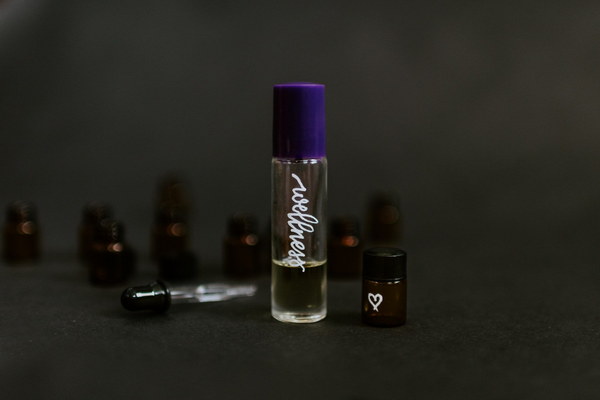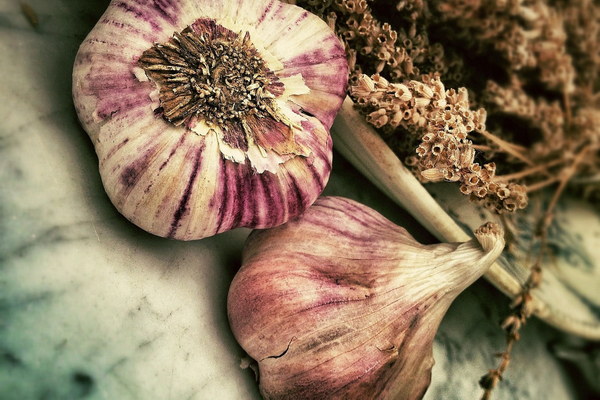Post-Abortion Nourishing Yourself with a Balanced Diet After Medication Abortion
After a medication abortion, it's essential to focus on post-abortion recovery and nutrition. While the physical and emotional healing process varies from person to person, one crucial aspect is ensuring your body receives the necessary nutrients to aid in recovery. This article will provide a comprehensive guide on how to nourish yourself with a balanced diet after a medication abortion.
1. Stay Hydrated
Hydration is crucial after any medical procedure, including medication abortion. Drinking plenty of water helps to flush out any remaining medication from your system and supports your kidneys in filtering out waste. Aim to drink at least 8-10 glasses of water per day to stay hydrated.
2. Consume Iron-Rich Foods
Iron is essential for the production of red blood cells, which carry oxygen to your body's tissues. Medication abortion can lead to blood loss, so it's essential to consume iron-rich foods to replenish your iron stores. Include the following foods in your diet:
- Lean meats: Chicken, turkey, and beef are excellent sources of iron.
- Fish: Tuna, salmon, and mackerel contain high levels of heme iron, which is more easily absorbed by the body.
- Legumes: Beans, lentils, and chickpeas are great plant-based sources of iron.
- Fortified cereals: Look for cereals fortified with iron to add to your breakfast.
- Dark leafy greens: Spinach, kale, and Swiss chard are rich in non-heme iron, which is less easily absorbed but still beneficial.
3. Increase Vitamin C Intake
Vitamin C enhances iron absorption, making it an essential nutrient to incorporate into your post-abortion diet. Include the following vitamin C-rich foods:
- Citrus fruits: Oranges, grapefruits, lemons, and limes are all excellent sources.
- Berries: Strawberries, raspberries, and blueberries are high in vitamin C.
- Bell peppers: Red, green, and yellow bell peppers contain a significant amount of vitamin C.
- Tomatoes: Fresh tomatoes and tomato products, such as sauce and soup, are also good sources.
4. Consume Calcium-Rich Foods
Calcium is essential for maintaining strong bones and supporting muscle function. During medication abortion, your body may lose calcium, so it's important to consume calcium-rich foods. Include the following:
- Dairy products: Milk, cheese, and yogurt are great sources of calcium.
- Leafy greens: Broccoli, kale, and collard greens contain calcium.
- Fortified foods: Look for cereals, juices, and plant-based milks fortified with calcium.
5. Eat Whole Grains
Whole grains provide essential nutrients, including fiber, B vitamins, and iron. Incorporate the following whole grains into your diet:
- Brown rice
- Quinoa
- Oats
- Barley
- Whole grain bread and pasta
6. Include Healthy Fats
Healthy fats are essential for overall health and can help reduce inflammation. Include the following sources of healthy fats:
- Avocados
- Nuts and seeds (e.g., almonds, walnuts, chia seeds, flaxseeds)

- Fatty fish (e.g., salmon, mackerel, sardines)
- Olive oil
7. Practice Mindful Eating
After a medication abortion, it's crucial to listen to your body and eat when you're hungry. Avoid overeating or restrictive diets, as this can hinder your recovery. Focus on enjoying a variety of nutritious foods to meet your body's needs.
In conclusion, a balanced diet is essential for post-abortion recovery. By incorporating iron-rich foods, vitamin C, calcium, whole grains, healthy fats, and staying hydrated, you can support your body's healing process. Remember to consult with your healthcare provider for personalized advice and to address any concerns you may have regarding your post-abortion diet.









